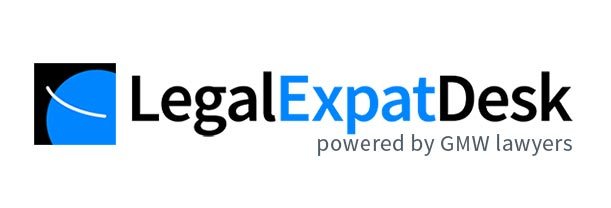Important for tenants in the Netherlands: new protection rules!
Do you rent your house in the Netherlands? If so, as a tenant you are protected against the landlord if, for example, he charges too high a rent, does not repair defects or does not want to repay the deposit at the end of the tenancy. The tenant can go to the Rent Commission or the subdistrict court, which will then give a ruling and, if necessary, order the landlord to repair or pay.
Good Landlord Act
From 1 July 2023, the Good Landlord Act applies. This contains additional obligations for the landlord. If the landlord does not comply with these obligations, the municipality has the option of imposing an administrative fine on the landlord. That fine can amount to €25,750 in extreme cases, and up to €103,000 in repeat offences. In certain cases, the municipality also has the option of temporarily taking over the management of the leased property. These are far-reaching measures.
New obligations for landlords and their enforcement
The Good Landlord Act changed/clarified the following:
- a) The landlord does not dircriminate. He uses a clear and transparent selection procedure and motivates his choices. He shall put his working method in writing
- b) The landlord shall refrain from intimidation
- c) The deposit may not exceed two months
- d) The tenancy agreement shall always be in writing
- e) The tenant is informed in writing of his rights and obligations, insofar as these are not included in the tenancy agreement
- f) The municipality opens a municipal hotline, where tenants can address complaints
- g) The municipality is authorised in certain cases to introduce a permit requirement by ordinance. In that ordinance, the municipality can attach conditions to the licence that relate to good landlordship, rent and maintenance. When renting to labour migrants, rules regarding the accommodation and facilities can also be set.
- h) The rental agreement must state: the term of repayment of the deposit (14 days without settlement, 30 days with settlement of costs), the details of a caretaker the tenant can contact, the contact details of the municipal hotline, which service costs are due, that an annual overview of the service costs breakdown must be provided.
- i) No more service charges may be levied than permitted by law
- j) No mediation fees may be charged to the tenant if the mediator also acts for the landlord
- k) When renting to migrant workers, the rental agreement must be recorded separately from the employment contract
- l) Information on further rights and obligations must be recorded in a language the migrant worker understands
If a landlord fails to comply, the municipality may impose a fine. In case of multiple fines, or if a landlord does not comply with the applicable licence conditions, the municipality may take over the management of the rented property. It can then set the rent at the legal maximum, collect the rent and install necessary facilities. At the landlord’s expense, of course.
More information
Fortunately, most landlords are good ones. Should you still face a problem with the landlord, then please contact us. We will be happy to act for you.

